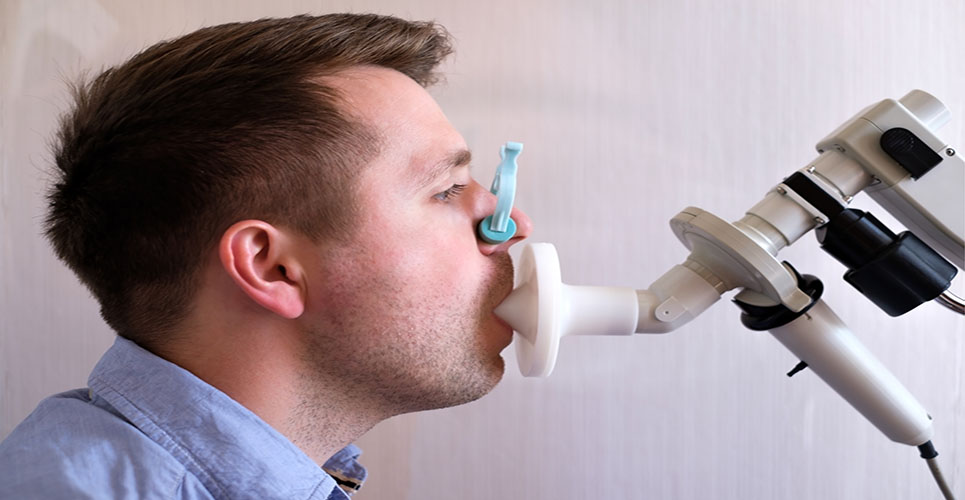teaser
A survey conducted at the College of Emergency Medicine (CEM) annual conference revealed that 84% of UK physicians would not routinely consider treating cyanide poisoning empirically in smoke inhalation victims – a key recommendation of the new algorithms presented at the recent European Society for Emergency Medicine (EuSEM) conference.
A group of leading UK experts, who met at a recent expert advisory board on smoke inhalation, have welcomed the new European algorithms and called for greater awareness of the dangers of cyanide poisoning from smoke inhalation.
“We need to fundamentally change how we manage smoke inhalation victims in the UK and challenge perceptions of what makes house fire smoke toxic,” said Greg Williams from the Chelsea and Westminster Hospital NHS Foundation Trust.
“Despite the fact that cyanide is a proven cause of mortality in smoke inhalation victims, the focus of treatment in the UK is primarily on carbon monoxide.”
Two new algorithms designed to improve the pre-hospital and in-hospital management of smoke inhalation patients were presented at the EuSEM conference.
The algorithms define the circumstances in which the empirical treatment of cyanide poisoning in smoke inhalation victims should be carried out and aim to raise awareness of cyanide poisoning and improve the quality and consistency of management of smoke inhalation victims.
“Hydrogen cyanide poisoning may well be the most misunderstood disorder in our daily practice,” said Dr Kurt Anseeuw, EuSEM board member and co-author of the new algorithms.
Meanwhile, University of Leicester Professor of Emergency Medicine, Tim Coats, added: “Conventional cyanide antidotes can make the patient worse rather than better if they have not actually been exposed to cyanide – this made treatment in house fire smoke inhalation very challenging.
“However, with the licensing of hydroxocobalamin 5g we have a treatment option that is effective, well tolerated and suitable for empiric use.
“This makes it much more important for doctors to think about cyanide poisoning in every patient who has been exposed to smoke.”
A recent audit conducted by the official central poisoning advice body, the National Poisons Information Service (NPIS), revealed that 80% of hospitals do not stock hydroxocobalamin, despite guidance issued jointly by the NPIS and the College of Emergency Medicine that it should be immediately available in all emergency departments.
